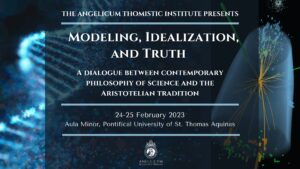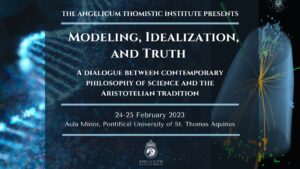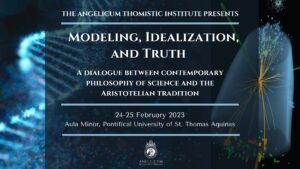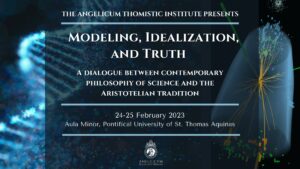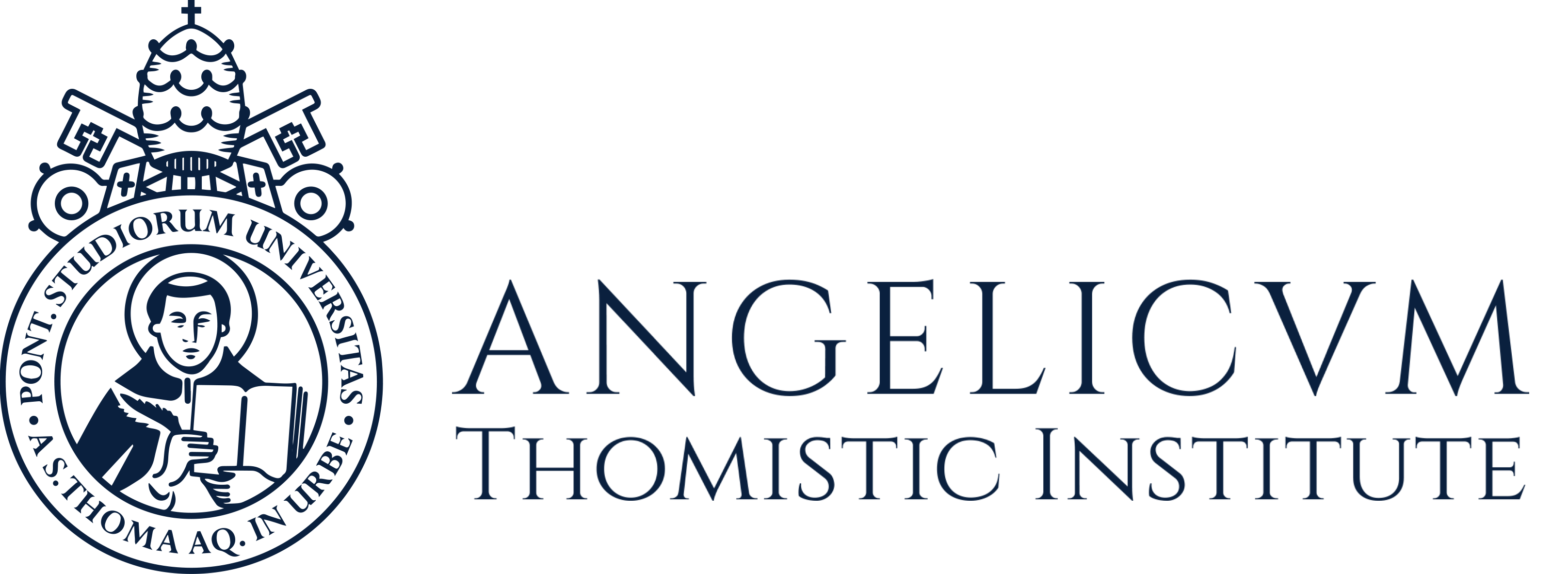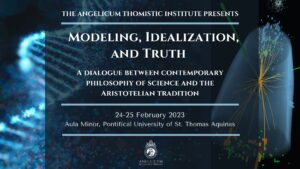Essential idealizations and the interpretation of Science
Nicholas Teh
University of Notre Dame
It is a commonplace that idealizations are essential to artistic thought and representation, whereas—despite the ubiquity of idealizations in contemporary science—various philosophers are less than comfortable with idealization as an essential part of scientific thought, explanation, and representation. In this paper I will present an argument for why idealization is indeed essential to science, and I will discuss the implications of this insight for the interpretation of what physics tells us about the world, including the issues of “determinism”, the “quantum measurement problem” and so-called “time reversal”. I will also discuss the question of whether a science such as physics is inherently more “unificationist” in its ambitions compared to one such as biology.
Nicholas Teh is an Associate Professor of Philosophy at the University of Notre Dame, a member of the History and Philosophy of Science Program, and the director of Notre Dame’s Philosophy of Scientific Thought Initiative. He has published widely on the interpretation of modern physics and the significance of “symmetry” in physical reasoning. He is the co-editor (with James Read) of the recently published “The Philosophy and Physics of Noether’s Theorems” (CUP) and the author of a forthcoming monograph on symmetry, also from CUP.
Related Content
